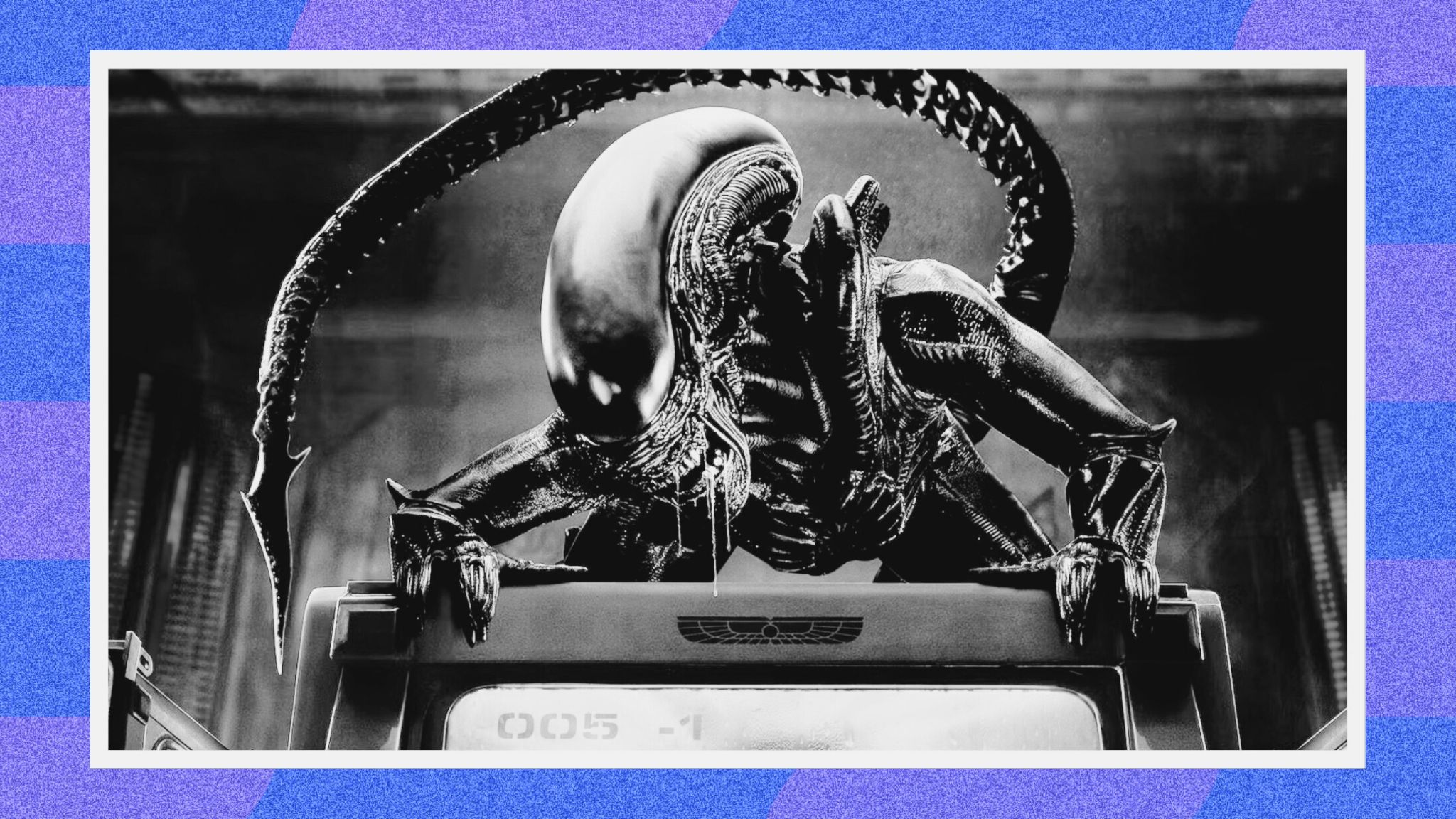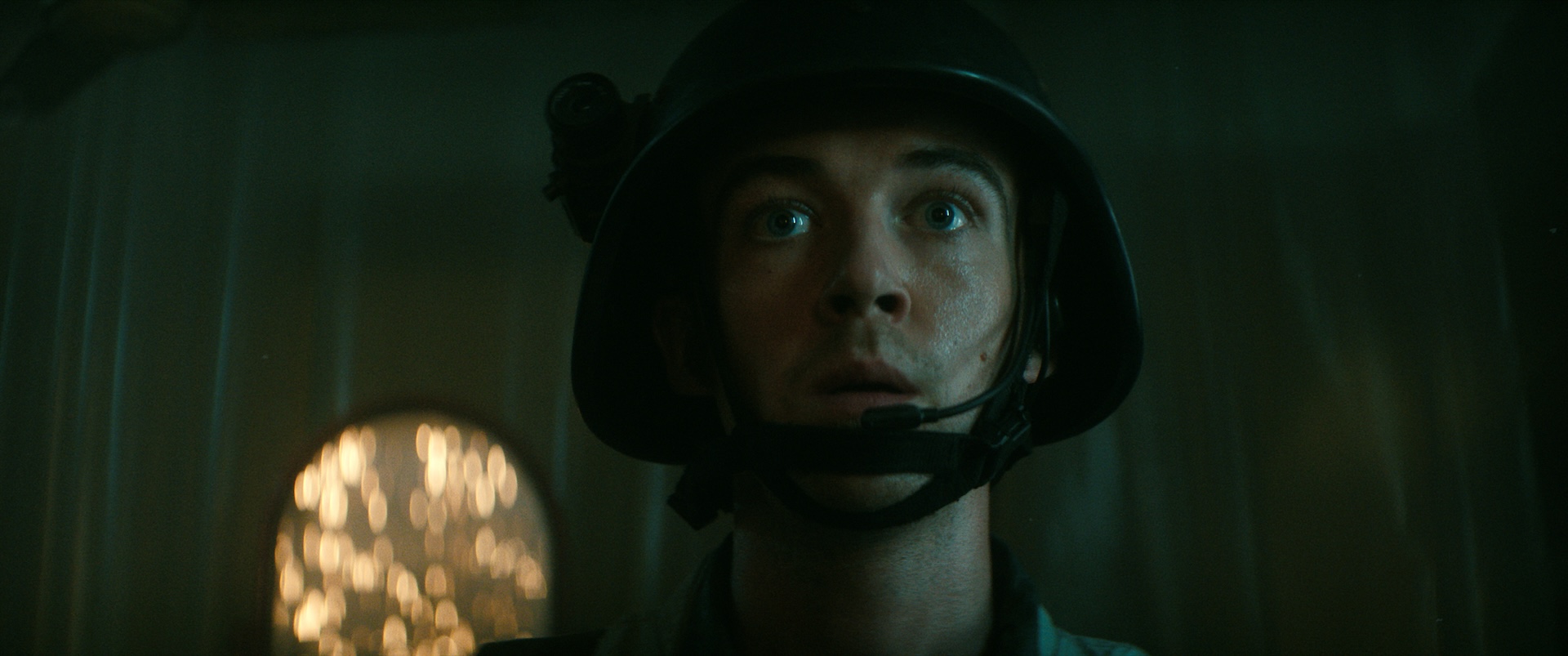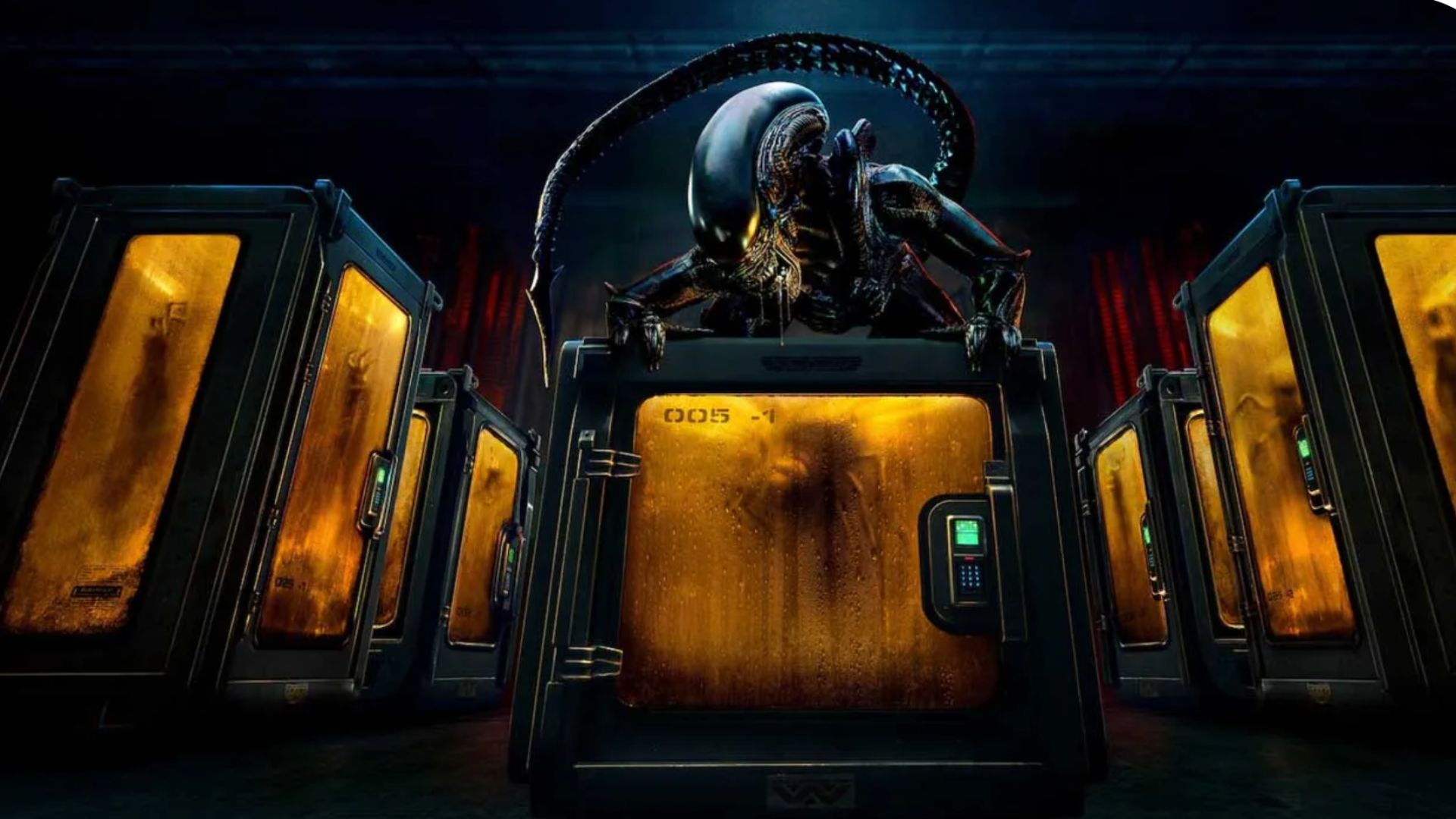Alien: Earth cast on the ‘unrelentingly fascinating’ Xenomorph, brand new species, and why now is the right time for the first-ever Alien series
We chat to the cast and creators of the first-ever Alien TV series, which dares to ask the question: what if the Xenomorph made it to Earth?

Get exclusive shortlists, celebrity interviews and the best deals on the products you care about, straight to your inbox.
You are now subscribed
Your newsletter sign-up was successful
Perhaps the most remarkable thing about H.R. Giger’s original Xenomorph design is how little it’s changed in almost five decades. This sticky, salivating endoparasitoid first shocked audiences in 1979 with its elongated head, scorpion-like tail, and taste for unsuspecting spacefarers.
46 years later, the very same creature haunts the corridors of another ill-fated research vessel in the first-ever Alien TV series, FX’s Alien: Earth, which hits Disney+ this month.
Set two years before the events of Ridley Scott’s seminal original, Alien: Earth opens aboard the USCSS Maginot, a Nostromo-like deep spacecraft that crash-lands on the titular planet in decidedly suspicious circumstances. Seeking to control the situation, the wonderkid CEO of Prodigy Corp – one of five corporations governing Earth in 2120 – deploys a ragtag group of ‘hybrids’ (robots infused with the consciousness of human children) to the scene, where they encounter our iconic wall-crawling friend and a host of other extraterrestrial nasties.
The Xenomorph speaks to a primordial, parasitical fear we all have.
Alex Lawther
On paper, then, the first Alien TV series treads a familiar path, but when we speak to the series’ cast and creators at its European premiere, they’re convinced that the Xenomorph remains just as captivating today as it was in the 1970s.
“The Xenomorph speaks to a primordial, parasitical fear we all have,” actor Alex Lawther tells me on the red carpet. “It enters us, it lives in us, then bursts out of us.”

“I love the idea of what it represents,” adds Babou Ceesay. “It’s a perfect organism. And when we say that, I think what we really mean is that it’s a perfect predator; something that goes out of its way to hunt.”
Jonathan Ajayi fears what the Xenomorph says about us as a species: “What scares me the most is what humans want to do with it – the environment they want to put it in; the risk and reward of capturing it. Weyland-Yutani, Prodigy Corp [introduced in Alien: Earth] – these companies don’t care about the consequences of what they’re undertaking.”
Get exclusive shortlists, celebrity interviews and the best deals on the products you care about, straight to your inbox.
Unrelenting, unpredictable, unstoppable
The latter point hints at Alien: Earth’s original spin on the tried-and-tested Alien formula. In the world of the series, Earth is governed by five corporations: Weyland-Yutani, Prodigy, Lynch, Dynamic, and Threshold. Synthetics and cyborgs exist alongside humans, and each of those companies is racing to make the next technological breakthrough.
It seemingly comes when Prodigy develops the aforementioned hybrids (the first, Wendy, is played by Sydney Chandler), but nothing on Earth is so technologically, scientifically, and commercially captivating to megalomaniac trillionaires as a man-eating creature from outer space.

“The Xenomorph is unrelentingly fascinating to observe,” executive producer David W. Zucker explains, “not just in its gestation process – which is complex in its own way – but also in its unpredictability, and that’s something that’s explored uniquely in this series.”
As Chief Creative Officer at Ridley Scott’s Scott Free Productions, Zucker has been juggling work on both Alien: Earth and Amazon’s Blade Runner 2099 series, so he’s acutely aware of the responsibility demanded by these beloved franchises. “It’s enthralling,” he tells me.
“You don’t often get to undertake an original venture like this, much less one that’s as ambitious as it is. With any of these classic franchises, it’s not only critical that you honor what’s foundational about those stories, but also that you have the courage to undertake an original exploration.”
Showrunner Noah Hawley is equally keen to hammer home that Alien: Earth is not simply a re-skin of what’s come before.
“Five years ago, when FX suggested they could get the Alien franchise for television, they asked if I had an idea [about what to do with it],” he explains at the series’ premiere. “And the problem is, if you ask me if I have an idea, I'm going to have an idea.”
“And so I came up with this initial concept of transhumanism – of children in adult bodies [the hybrids]. An Alien movie is a two-hour survival story, but an Alien television show is about the survival of humanity itself, and what’s more human than a child? They don't know how to lie. They don't know how to pretend they're not afraid. So that's where the idea [of Alien: Earth] started for me.”

Once the series’ narrative premise was established, Hawley got to work on creating a slew of new Xenomorph-adjacent creatures to bunk with the titular alien aboard the USCSS Maginot (the official trailer for Alien: Earth teases “five new lifeforms from distant planets”).
An Alien movie is a two-hour survival story, but an Alien television show is about the survival of humanity itself.
Noah Hawley
“In adapting the Alien films,” he explains, “the first thing that I tried to figure out was what those movies made me feel and why, and then create those same feelings in the audience by telling a different story.
"The one feeling that you can't reproduce in an audience is the discovery of the life cycle of the Xenomorph. We all know it, right? So that genetic revulsion that you felt at every stage is a little muted [now].
“And so the only way to produce that same feeling is to create new creatures,” Hawley continues. “Creatures that you don't know how they breed or what they eat. Creatures that, when they crawl down the back of a shirt or a helmet, [elicit] that same feeling that is such a seminal part of Alien.”
Evolution, revolution, revulsion
Longtime fans of the franchise, then, needn’t worry that Alien: Earth overindulges in nostalgia nor abandons its roots entirely. The Xenomorph is here in all its horrifying glory, but Hawley has also introduced enough fresh ideas to warrant the series’ existence in the first place.

“The experience of making this and watching the process of how Noah works with his team, the ambition, the aspiration – just taking on this kind of IP to begin with – was an extraordinary undertaking,” Zucker says before the titles roll at the Episode One premiere.
“It's one thing to deliver a great pilot, but what continues to astound me is just what an incredible series Noah has delivered. It's something wholly original and wholly his own.”
The first two episodes of Alien: Earth premiere on FX and Hulu on August 12th in the US, and on Disney Plus on August 13th in the UK.

Axel is an editor at TechRadar and a freelance contributor to Shortlist, Total Film, Esquire, FourFourTwo, and others. He’s interviewed the likes of Edgar Wright, Pedro Pascal, and Darren Aronofsky, and has as much time for Mission: Impossible 2 as he does for Withnail and I. Away from the keyboard, Axel can be found searching for any sign of sunshine in London and counting down the days until Chelsea's next managerial change.
You must confirm your public display name before commenting
Please logout and then login again, you will then be prompted to enter your display name.

